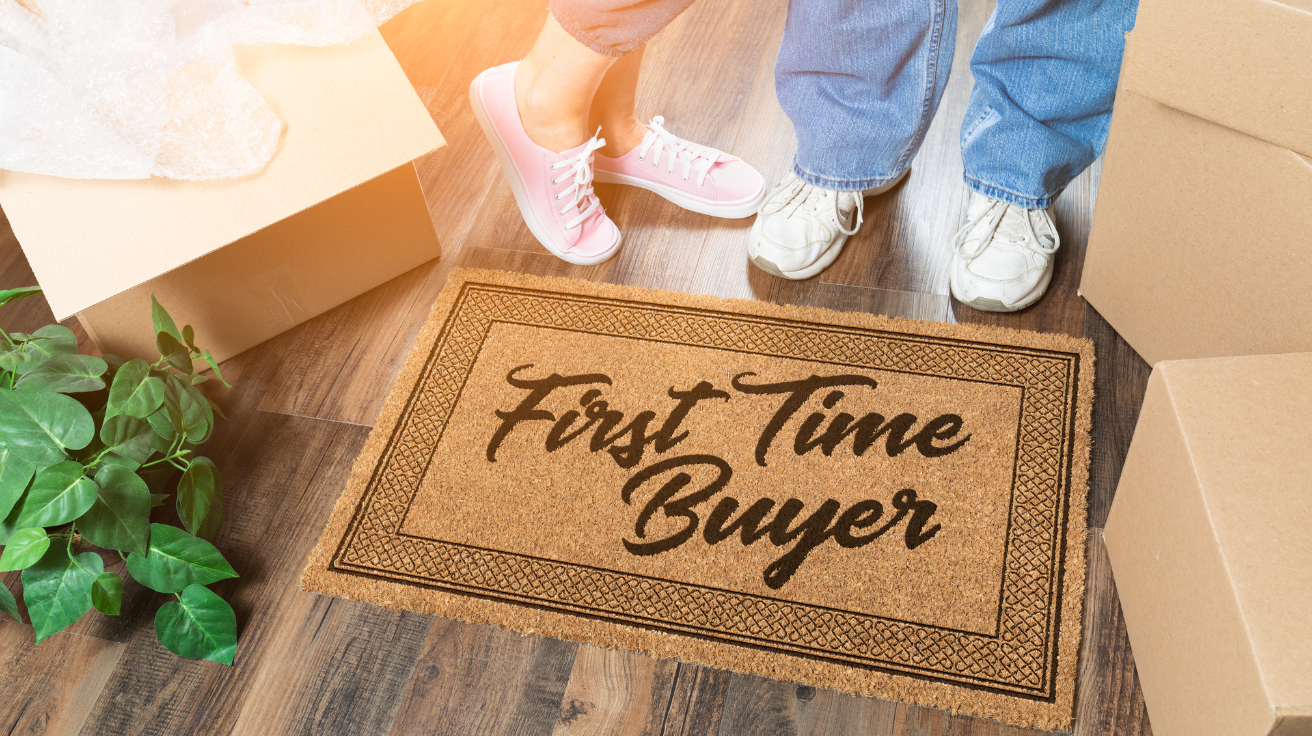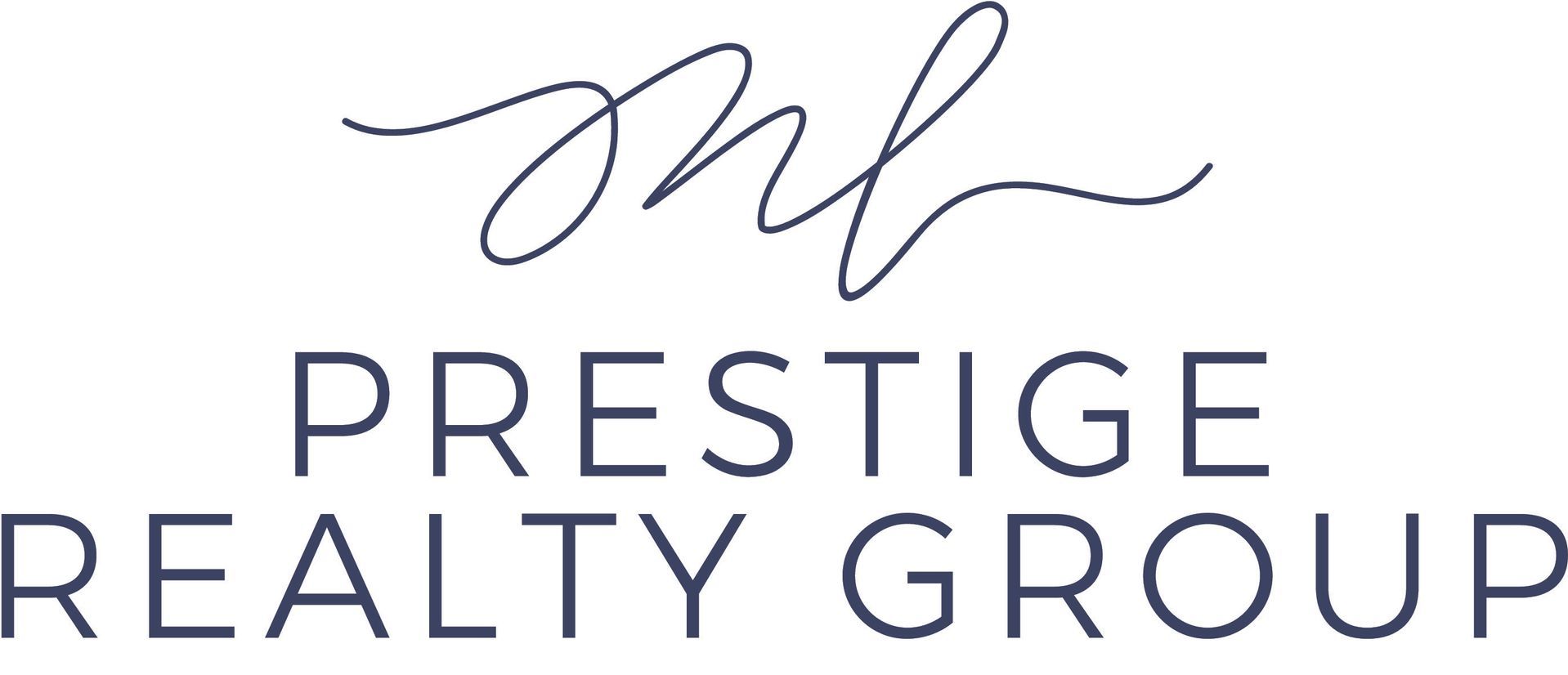Should You Wait for Interest Rates to Drop Before Buying a Home? (Spoiler: Probably not.)
If I had a dollar for every time someone told me, “I’m waiting for interest rates to drop before I buy,” I might need to sell less real estate!
Rates are a hot topic—especially since the Fed’s 0.25 point cut this past September. But here’s the truth: waiting on interest rates usually costs you more than it saves. Let’s break down why, and what history can teach us about buying now vs. waiting.
How the Fed Funds Rate Impacts Mortgage Rates (and How It Doesn’t)
The Fed funds rate is the interest rate banks charge each other for overnight loans. When that rate changes:
- Up: Credit cards, car loans, and HELOCs usually get more expensive.
- Down: Those short-term loans usually ease a little.
But here’s the twist: mortgage rates don’t follow the Fed in lockstep.
Instead, they move more closely with the 10-year U.S. Treasury yield. Why? Because mortgages (like Treasuries) are long-term investments, but riskier. To compensate, investors demand a “risk premium,” so mortgage rates usually sit a percentage point or two above the 10-year yield.
Bottom line: sometimes mortgage rates go the opposite direction of a Fed cut or hike. That’s why waiting on the Fed is usually a losing strategy.
The 1994 Buyer vs. The 1999 Waiter
Let’s use national averages to see what happens if you buy now vs. wait for “better” rates.
The 1994 Buyer
- Home price: $106,000
- Down payment (10%): $10,600
- Loan: $95,400 at 8.4% (30-year fixed)
- Payment: ~$727/month (P&I)
- Value today (2025): ~$400,000
- Growth rate: 4.44% CAGR
That buyer has a fully paid-off home by now—and a $400k asset built on a $10k down payment.
The 1999 Waiter
- Home price: $133,300
- Loan: $119,970 at 7.4% (30-year fixed)
- Payment: ~$831/month
- Value today (2025): ~$400,000
- Growth rate: 4.32% CAGR
They saved 1% on their mortgage rate… but paid $100 more each month, needed a bigger down payment, and still have a few years left on their loan.
What If the 1994 Buyer Refinanced in 1999?
Rates dropped in 1999, so refinancing offered two smart plays:
- Option 1: New 30-Year at 7.4%
- Payment drops ~$76 (to $651)
- Invest that savings monthly in the stock market → ~$105,000 extra wealth by 2025
- Option 2: 15-Year at 7.0% (or keep paying $727)
- Payoff in ~21.6 years
- Mortgage-free by 2015—9 extra years of freedom compared to the original loan
Either way, the early buyer wins big.
The Real Lesson
It’s tempting to obsess over interest rates. But history shows:
- Buying earlier almost always beats waiting.
- Real estate builds wealth through leverage and forced savings—you’re building equity every month whether you think about it or not.
- Sure, a renter who invested every dollar of “saved” mortgage payments in the stock market might win on paper (hello, $1.6M)—but let’s be honest: almost no one has that level of discipline. And meanwhile, you still need somewhere to live.
Final Word
The right time to buy isn’t when the Fed cuts rates. It’s when you find a home you love that you can afford.
So if you’re sitting on the sidelines waiting for “perfect” rates, just remember: the best investment most people ever make isn’t perfectly timed. It’s started early.






